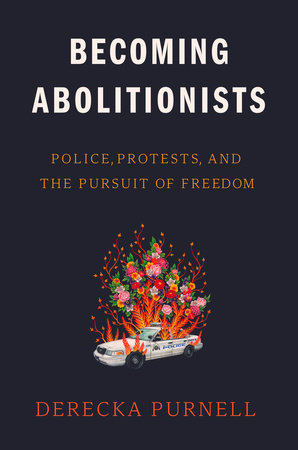
John 2:1-11
In the story of the wedding at Cana, Jesus shows up in power to bring sufficiency — enough wine, enough joy, enough celebration, enough strengthening of community through communal life — to an event strengthening family and community.
What does this have to do with abolition?
As Josie Pickens wrote yesterday on Twitter, about how abolitionists should avoid over-focusing on “alternatives” to policing and prisons: “Often, the question isn’t what the “alternative” should be to an oppressive/harmful system, but rather how people can have their needs met when these failing systems cease to exist. And also what individual and community needs look like.… abolition work is about presence— not absence. We should be focusing on the many ways we can imagine and build safe and sustainable communities where folks needs are met.”
Abolition is presence; life-giving sufficient presence in community relationships that already exist, instead of the enforced absence and exclusion provided by police and prisons. What Jesus is offering to the wedding at Cana is the power of presence. We can imagine him there, already bound by relationships of family and community, and able to meet needs as they are pointed out to him by those in those existing relationships (in this passage, memorably, by his mother!).
And this passage reminds us that the needs of communal life which we invest in by presence, in order to make possible a world without police and prisons, are not only basic, minimal needs for food and shelter, but also the needs for connection, beauty, celebration, joy. Jesus is blessing a wedding, a time of deepening relationship. He provides wine for the sake of the celebration. Sufficient presence is presence that meets every person’s need for beauty. Beauty, joy, and relationship are the opposites of the ugly goals of dehumanization and exclusion that feed the prison-industrial complex.
The question for abolitionists is not only about how to deal with harm — although that is essential — but also about how to make visible the sufficiency of communities that already exist, and how to strengthen communities through existing relationships. The wedding at Cana provides a picture of God’s action, alongside us, in that community work.
Hannah Bowman is the founder and director of Christians for Abolition.







